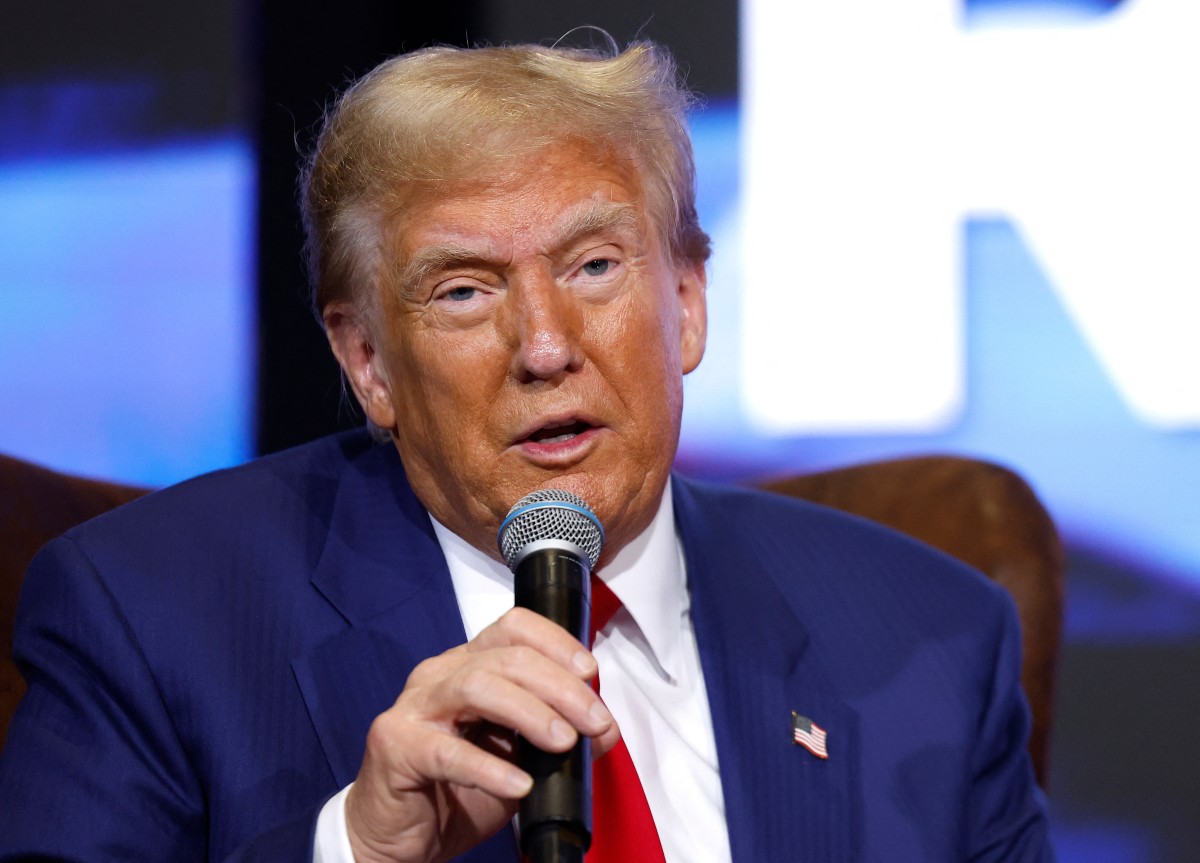
As prominent figures like Elon Musk, who is on the path to becoming the world’s first trillionaire, advocate for former President Donald Trump, and musical icons like Beyoncé, Taylor Swift, Eminem, and Bruce Springsteen lend their support to Vice President Kamala Harris, the upcoming November 5, presidential election is being tightly contested, with the race said to be in a dead heat as both candidates are tied in opinion polls conducted by CNN.
So, by and large, who becomes the next occupant of the White House, from January 20, 2025, is being defined by those in the commanding heights of hardcore business and show business as detailed above.
That is why the American presidential race remains a source of fascination, a maze, and even an enigma to those of us looking in from the outside due to its constant drama featuring unique political twists and turns arising from gaffes and other idiosyncracies the contestants or their allies.
For example, as the anniversary of the October 7 Hamas attack on Israel approached, threats were made against synagogues in New York City. Earlier this year, there were bomb threats aimed at schools in Springfield, Ohio, following warnings from Trump about Haitian immigrants allegedly harming pets in the area. Just as a misspeak about other sensitive issues by leaders from both sides of the campaigns be it Trump’s or Harris’s supporters results in the rise and fall of the needle in their popularity barometer.
Notably, there have been two assassination attempts on the Republican candidate, Donald Trump. The first occurred in Butler, Pennsylvania, where he was shot at and narrowly escaped, with a bullet grazing his earlobe. The second was thwarted when a Secret Service agent intercepted an individual hiding in the bushes near Trump’s Palm Beach golf course during a game.
Also in a manner astonishing to most observers, mid-way through the race, the incumbent president Joe Biden withdrew from pursuing his mandatory second-term opportunity and yielded the ticket to Vice President Harris who did not contest for the ticket through party primaries as is customary. That is not all the intrigues.
While the Democratic National Committee (DNC) linked the school bomb threats in schools in the state of Ohio to Trump’s statements about Haitian immigrants, they have failed to admit how their portrayal of Trump as a threat to democracy might have contributed to the assassination attempts on his life.
This reveals the double standards often present in politics, both in established democracies like the U.S. and in developing ones in the African continent like Nigeria, South Africa, Ghana, Kenya, and Egypt where pre and post-election violence often define civic exercise. In comparison, the unwholesome political situation unfolding around the world appears even more dire in Venezuela and Haiti, countries near the U.S. that are acclaimed as the global beacon of democracy; but where democratic values and institutions seem to have been greatly eroded in the course of the campaigns for the 2024 presidential elections.
In Haiti for instance, a weakened presidency has given way to militia-led governance characterised by brutality. Meanwhile, in Venezuela, the sitting president claimed victory in a contested election without disclosing the results. When contrasted with the political challenges in the U.S., these examples illustrate the broader decline in democratic standards, even in a country as influential as the U.S. which prides itself as the bastion of democracy.
It’s worth considering that the current threats to democracy might not be solely linked to the DNC’s narrative that Trump’s refusal to accept the 2020 election results, which led to the Capitol Hill incident during the certification process, poses a danger. Instead, the real danger to democracy could be seen in the ruling party’s actions aimed at excluding Trump and Robert Kennedy Jr. (who left the DNC to run as an independent) from the ballot in the 2024 election—a strategy some describe as a “kitchen sink” approach.
It’s notable that, despite numerous legal challenges and even surviving an assassination attempt, Mr. Trump and the Republican National Committee (RNC) are neck-and-neck with the Democratic National Committee (DNC) and its candidate, Vice President Kamala Harris, as reflected in the latest CNN polls, which tend to be biased in favor of the DNC and Harris.
This situation contrasts with the stance of the Washington Post and Los Angeles Times, both of which, for the first time in a long time, have chosen not to endorse any candidate, citing a desire to maintain independence and allow readers to make their own choices. In the case of Washington, it is a decision that has had a backlash as critics attribute the none endorsement of either of the candidates to the owner, Jeff Bezos inclination not to take a gamble that would have negative consequences on him and his business empire including the e-commerce giant Amazon.
Amazingly, such prependal politics that was thought in the past to be only in the precinct of third-world politics are manifesting in the U.S. thought to be the world’s bastion of democracy.
Notably, this is the first time since 1986 that the Washington Post has refrained from endorsing a candidate, the last instance being when it withheld support for then-presidential candidate, Jimmy Carter. The publication’s explanation that its decision was aimed at preserving readers’ autonomy in choosing their candidate, has not vitiated the angst from its critics.
To be continued tomorrow.
Onyibe, an Eentrepreneur, Public Policy Analyst, Author wrote from Lagos. He can be reached via:www.magnum.ng






